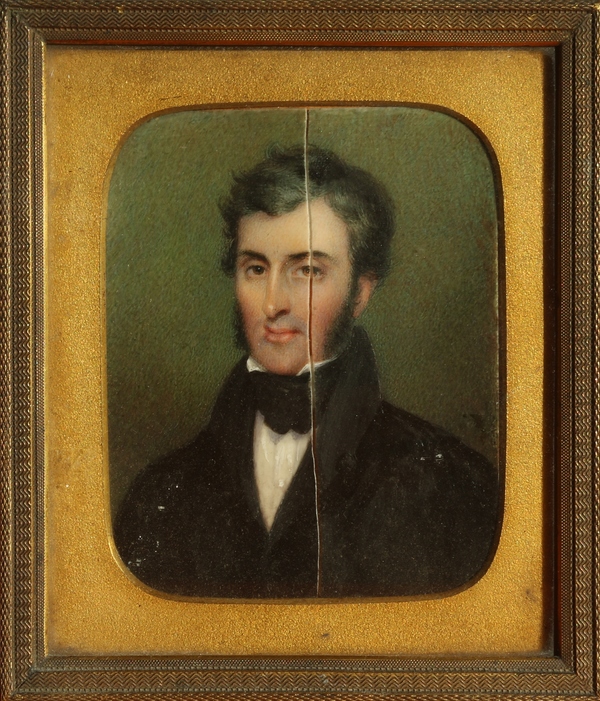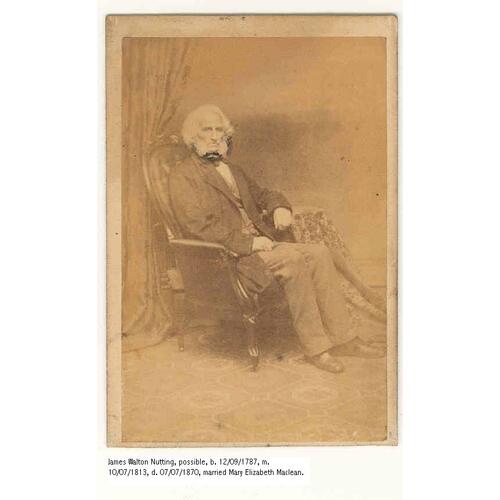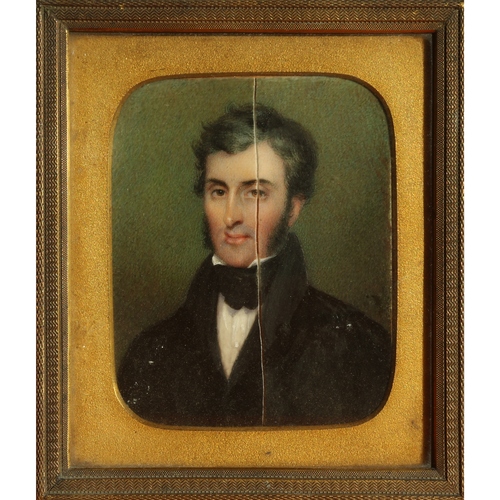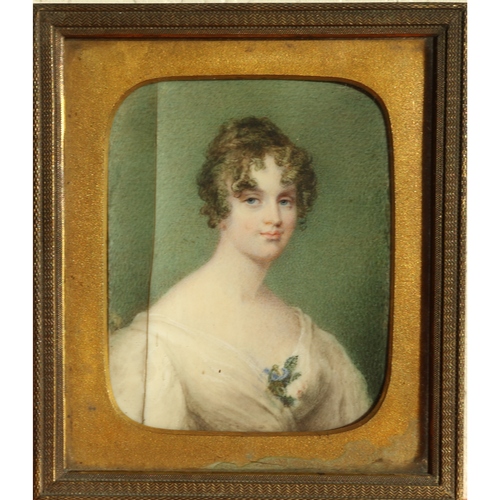
Source: Link
NUTTING, JAMES WALTON, lawyer, editor, and office-holder; b. probably in 1787 at Kempt, Hants County, N.S., the son of John Nutting, a Boston loyalist, and Mary Walton; m. 9 July 1813 Mary Elizabeth MacLean, and they had three sons and two daughters; d. 7 July 1870 at Halifax, N.S.
James Walton Nutting probably obtained his early schooling at King’s Collegiate School, Windsor, N.S. From 1804 to 1810 he attended King’s College, distinguishing himself academically and graduating ba. In October 1810 he was admitted to the bar, and began work as a notary and tablion public in the office of William Thompson, prothonotary of the Supreme Court and clerk of the crown. In 1811 he replaced Thompson but was not officially appointed to the position until 30 May 1834. He was to hold this office to his death in 1870.
In the 1820s Nutting attended St Paul’s Church at Halifax and was one of the socially prominent and well-educated people, including James William Johnston*, who were influenced by two early evangelicals in Halifax, Hibbert Binney Sr and Isaac Temple. This group became dissatisfied with the cold, formal services of the Church of England. When Bishop John Inglis* blocked the group’s attempt in 1827 to secure the appointment of one of their number, John Thomas Twining*, to the vacant rectorship at St Paul’s, they withdrew from the church. Subsequent endeavours to form an independent Episcopal church failed, and they organized the Granville Street Church (later the First Baptist) on 30 Sept. 1827. Nutting was among the first to be baptized; according to a contemporary he was “one of the first converts in Halifax to earnest religion. . . .”
Thereafter Nutting was prominent in the affairs of the Granville Street Church, whose congregation gave impetus to the Baptist education movement in Nova Scotia. He was one of the representatives of his congregation who attended an important meeting of the Nova Scotia Baptist Association at Upper Horton (Wolfville) on 23 June 1828, where recognition of the necessity for a school for potential Baptist leaders resulted in the organization of the Baptist Education Society. Nutting was appointed to the committee of management, which raised funds, chose Horton as the site of the new academy, secured the services of a teacher, and generally maintained the school for a few years after it opened on 1 May 1829. Similarly, in the 1830s Nutting wrote letters, published editorials, and travelled widely to acquire funds for a seminary of high literary distinction separate from the academy. Finally, after a long struggle, Queen’s (Acadia) College opened on 21 Jan. 1839.
Much of Nutting’s importance to the Baptist movement lay in his abilities as a newspaper editor. With John Ferguson he edited from 1834 to 1836 the Baptist Missionary Magazine, which was expanded in 1837 into a weekly newspaper, the Christian Messenger. Nutting and Ferguson made the Messenger the chief religious and political mouthpiece for Nova Scotia Baptists. Ferguson died in 1855 and the next year Nutting gave up his editorship and sold the paper, though he contributed articles occasionally after this date. The first years of the Messenger had been marked by a financial dispute with Joseph Howe* over a sum of money which Howe alleged was owed to him for printing the paper from 1837 to 1840, and which Nutting and Ferguson declined to pay because the money was owed by the Baptist Association. A bitter newspaper controversy ensued, and a number of Howe’s Baptist supporters consequently bolted Reform ranks and sided with J. W. Johnston’s Tory party in the 1843 election. In 1844 Howe denounced the paper as “the mere political engine of two or three intriguing lawyers and professors . . . only read by a section of the religious body to which it ostensibly belongs, and beyond that circle is regarded with well merited contempt.”
During his lifetime Nutting was respected for his integrity. Described by a contemporary as “a scholarly, polished, old school gentleman and devout, God-fearing man,” Nutting’s break with the Church of England apparently did not diminish the esteem in which he was held. The governors of King’s College conferred upon him an honorary dcl in 1868. Active in a number of organizations, he was secretary of the governors of King’s College for a short period after 1818, governor of Acadia College, and honorary secretary of the Nova Scotia Barristers’ Society, and was a subscriber to the Micmac Missionary Society. His main interest, however, was in the Baptist movement and its efforts in education.
Acadia University Archives (Wolfville, N.S.), Baptist Education Soc., minutes and letters, 1838–41; reports, 1828–47; Edward Manning correspondence, 1778–1859. Granville Street Baptist Church (Halifax), minutes, 1827–41 (mfm. at PANS). St Paul’s Anglican Church (Halifax), register of baptisms, 1749–1875; miscellaneous documents, 1824–63 (mfm. at PANS). Acadian Recorder, 9 July 1870. Christian Messenger (Halifax), 1837–56, 13 July 1870. W. B. Hamilton, “Education, politics and reform in Nova Scotia, 1800–1848” (unpublished
Cite This Article
Wendy L. Thorpe, “NUTTING, JAMES WALTON,” in Dictionary of Canadian Biography, vol. 9, University of Toronto/Université Laval, 2003–, accessed December 21, 2024, https://www.biographi.ca/en/bio/nutting_james_walton_9E.html.
The citation above shows the format for footnotes and endnotes according to the Chicago manual of style (16th edition). Information to be used in other citation formats:
| Permalink: | https://www.biographi.ca/en/bio/nutting_james_walton_9E.html |
| Author of Article: | Wendy L. Thorpe |
| Title of Article: | NUTTING, JAMES WALTON |
| Publication Name: | Dictionary of Canadian Biography, vol. 9 |
| Publisher: | University of Toronto/Université Laval |
| Year of publication: | 1976 |
| Year of revision: | 1976 |
| Access Date: | December 21, 2024 |





